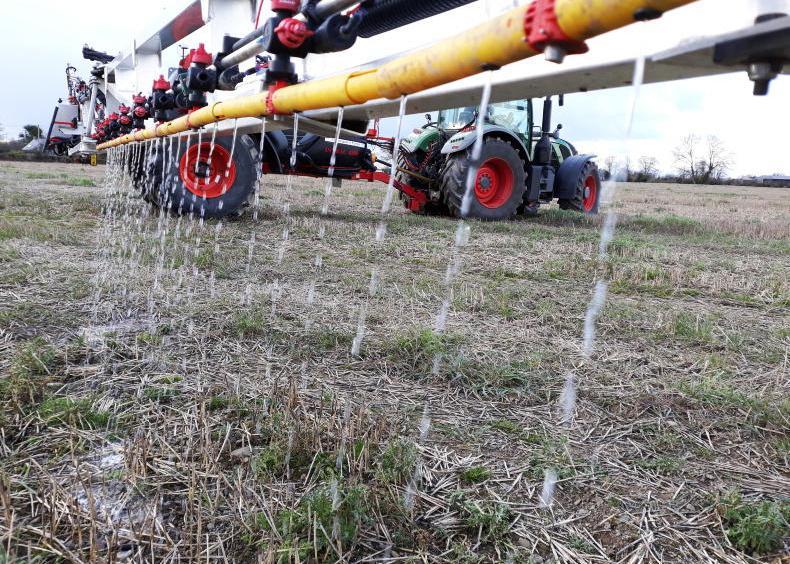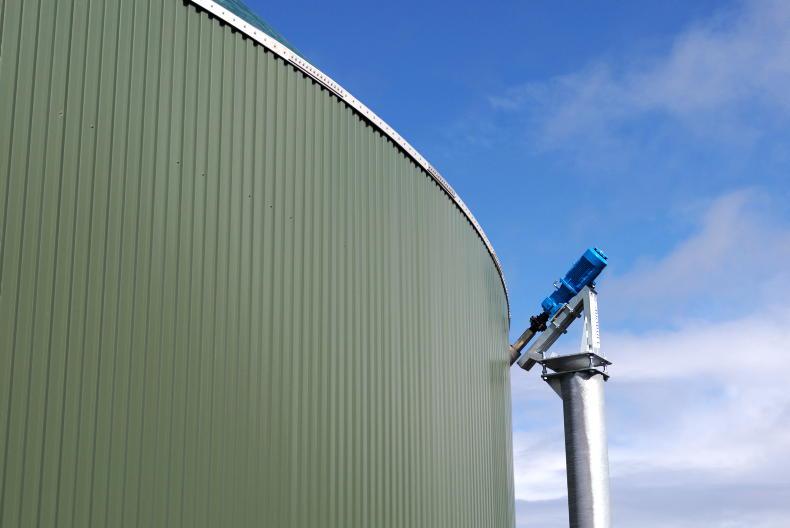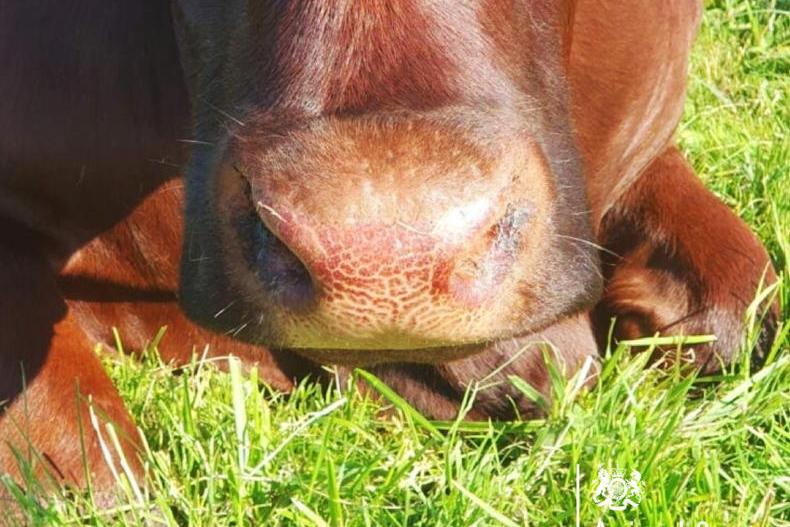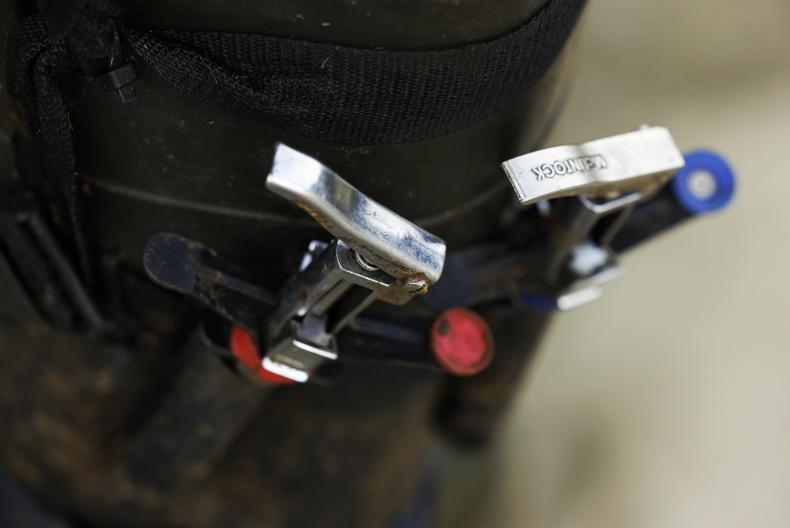Scientists on the UK Climate Change Committee (CCC) have published advice on the potential actions required for NI to achieve net zero greenhouse gas (GHG) emissions by 2050 (see page 9).
For farmers, the report makes for difficult reading. But the same should apply to local politicians who decided not to accept a pathway for NI (which was backed by the UFU), whereby by 2050 we would cut emissions by 83% as part of our fair contribution to the UK achieving net zero by this date.
Instead, NI is under a legal requirement to get to net zero by 2050. The CCC report is clear this goes significantly beyond their advice, and achieving it requires a massive increase in tree planting, and big cuts to livestock numbers as early as 2030.
It will also require an enormous investment in new technology to capture and store carbon, while wider society will have to switch rapidly to electric vehicles, zero-carbon homes and ditch fossil fuel.
How will any of this happen without billions of pounds of public money, and where will this money come from? How do you tell a NI livestock farmer to cut their livestock numbers in half to save the planet, just to import beef, lamb and dairy products from around the world? Why is there so much focus on farmers when it is the burning of fossil fuel that is the primary cause of climate change?
The reality is that most people will just look on this net-zero target as impossible to achieve, so it is best ignored. The CCC warned MLAs this would happen.
But many of our MLAs ploughed on regardless, while also dismissing independent analysis by KPMG which highlighted big reductions in livestock (up to 86%) would be necessary to meet a net-zero target.
Policy
What we have now is the CCC advising a cut in cattle and sheep of around 18% by 2030, to start us out on a path to net zero. What implications has this for DAERA policy going forward?
In England last year, Friends of the Earth won a legal challenge related to a net-zero strategy produced by government, successfully arguing that it failed to show how legally binding climate targets will be met.
It is a court case that will have been noted by DAERA.
Read more
Soils almost halve NI beef and sheep farm emissions
Methane - the wrong target for emission reductions
Scientists on the UK Climate Change Committee (CCC) have published advice on the potential actions required for NI to achieve net zero greenhouse gas (GHG) emissions by 2050 (see page 9).
For farmers, the report makes for difficult reading. But the same should apply to local politicians who decided not to accept a pathway for NI (which was backed by the UFU), whereby by 2050 we would cut emissions by 83% as part of our fair contribution to the UK achieving net zero by this date.
Instead, NI is under a legal requirement to get to net zero by 2050. The CCC report is clear this goes significantly beyond their advice, and achieving it requires a massive increase in tree planting, and big cuts to livestock numbers as early as 2030.
It will also require an enormous investment in new technology to capture and store carbon, while wider society will have to switch rapidly to electric vehicles, zero-carbon homes and ditch fossil fuel.
How will any of this happen without billions of pounds of public money, and where will this money come from? How do you tell a NI livestock farmer to cut their livestock numbers in half to save the planet, just to import beef, lamb and dairy products from around the world? Why is there so much focus on farmers when it is the burning of fossil fuel that is the primary cause of climate change?
The reality is that most people will just look on this net-zero target as impossible to achieve, so it is best ignored. The CCC warned MLAs this would happen.
But many of our MLAs ploughed on regardless, while also dismissing independent analysis by KPMG which highlighted big reductions in livestock (up to 86%) would be necessary to meet a net-zero target.
Policy
What we have now is the CCC advising a cut in cattle and sheep of around 18% by 2030, to start us out on a path to net zero. What implications has this for DAERA policy going forward?
In England last year, Friends of the Earth won a legal challenge related to a net-zero strategy produced by government, successfully arguing that it failed to show how legally binding climate targets will be met.
It is a court case that will have been noted by DAERA.
Read more
Soils almost halve NI beef and sheep farm emissions
Methane - the wrong target for emission reductions









SHARING OPTIONS